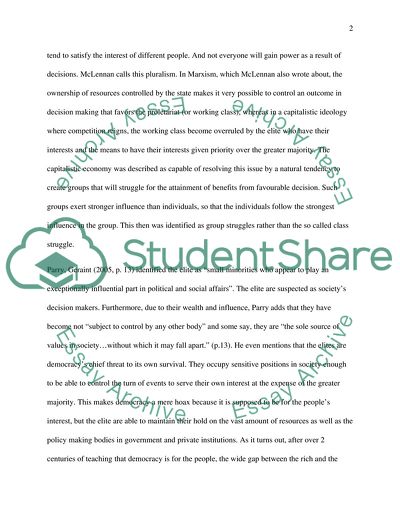Cite this document
(Political Power Concentrated in Elite Groups of Modern States Literature review, n.d.)
Political Power Concentrated in Elite Groups of Modern States Literature review. https://studentshare.org/politics/1777899-critically-discuss-the-view-that-in-modern-states-political-power-is-concentrated-in-an-elite-group
Political Power Concentrated in Elite Groups of Modern States Literature review. https://studentshare.org/politics/1777899-critically-discuss-the-view-that-in-modern-states-political-power-is-concentrated-in-an-elite-group
(Political Power Concentrated in Elite Groups of Modern States Literature Review)
Political Power Concentrated in Elite Groups of Modern States Literature Review. https://studentshare.org/politics/1777899-critically-discuss-the-view-that-in-modern-states-political-power-is-concentrated-in-an-elite-group.
Political Power Concentrated in Elite Groups of Modern States Literature Review. https://studentshare.org/politics/1777899-critically-discuss-the-view-that-in-modern-states-political-power-is-concentrated-in-an-elite-group.
“Political Power Concentrated in Elite Groups of Modern States Literature Review”. https://studentshare.org/politics/1777899-critically-discuss-the-view-that-in-modern-states-political-power-is-concentrated-in-an-elite-group.


